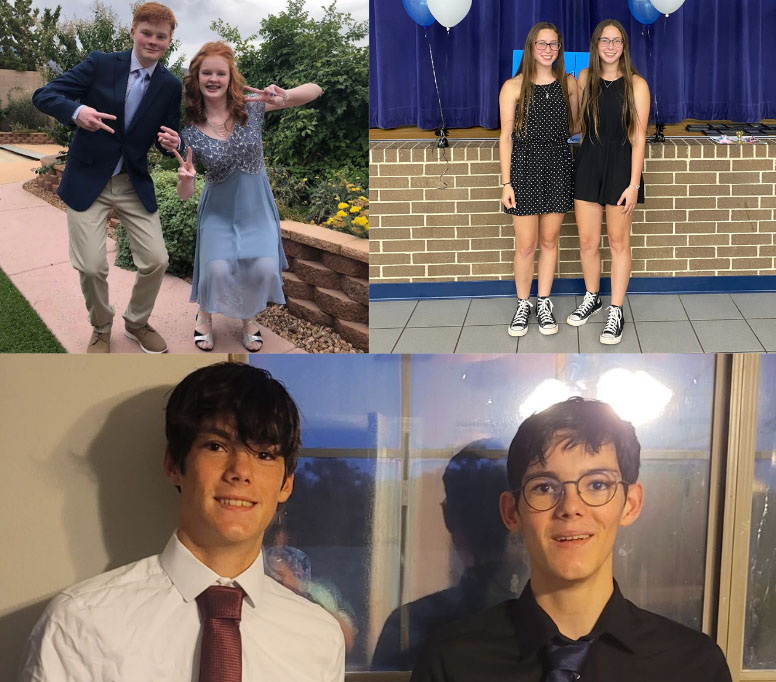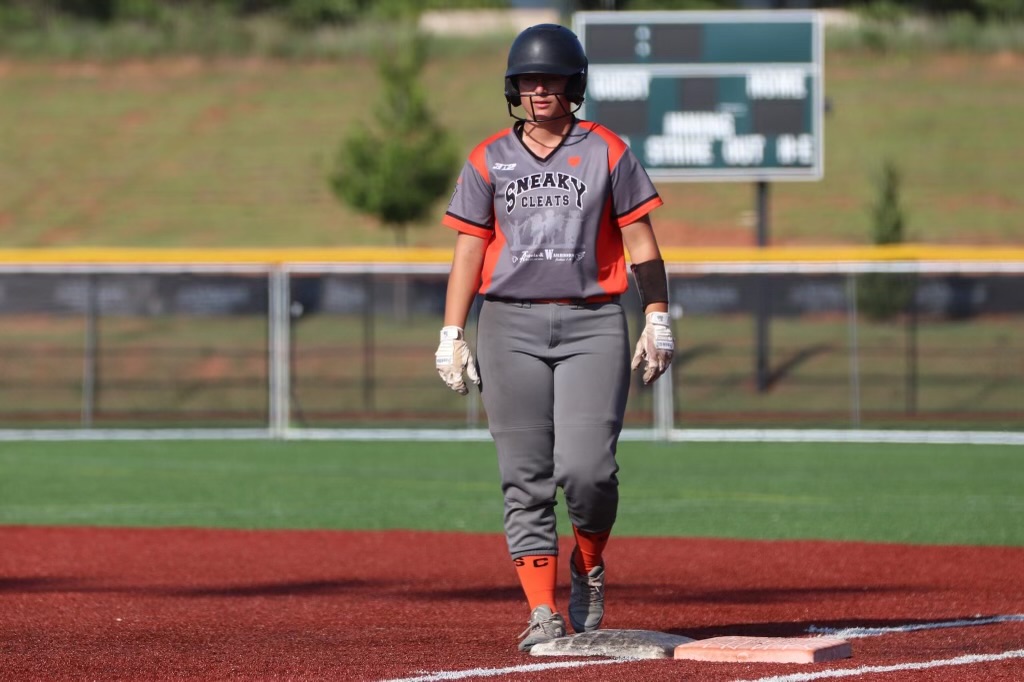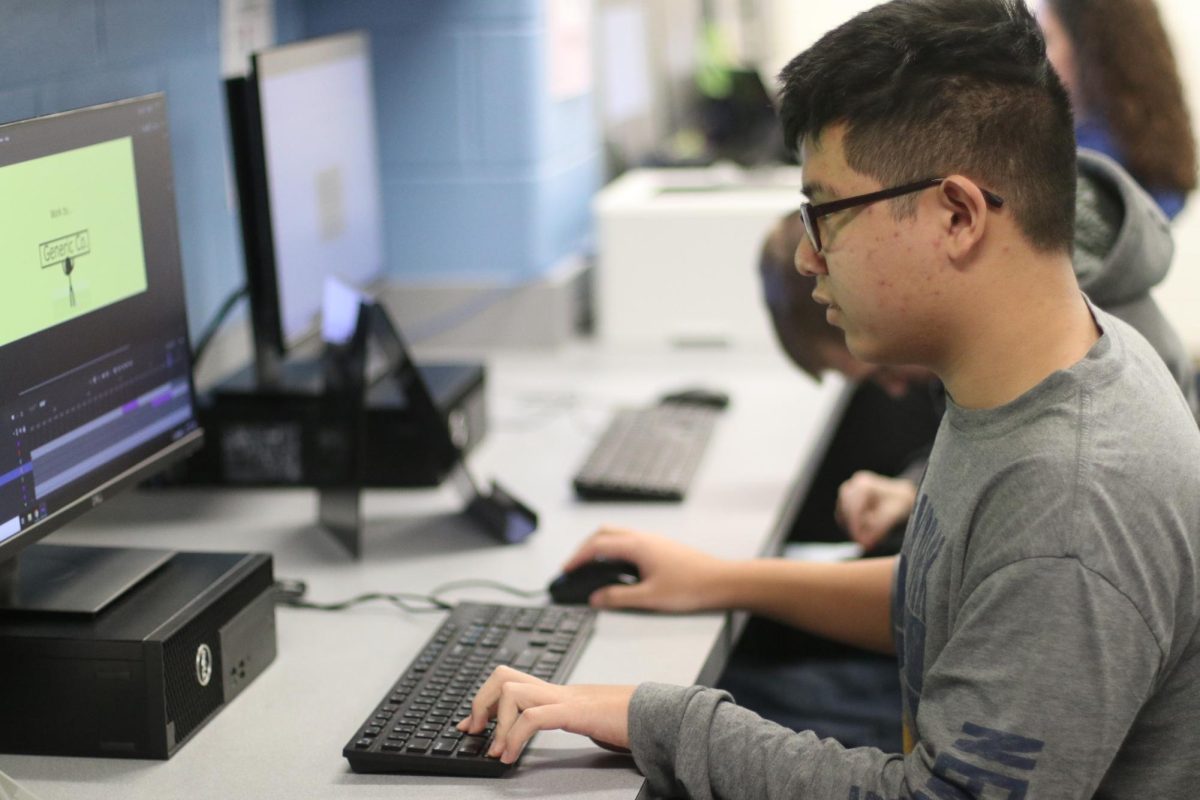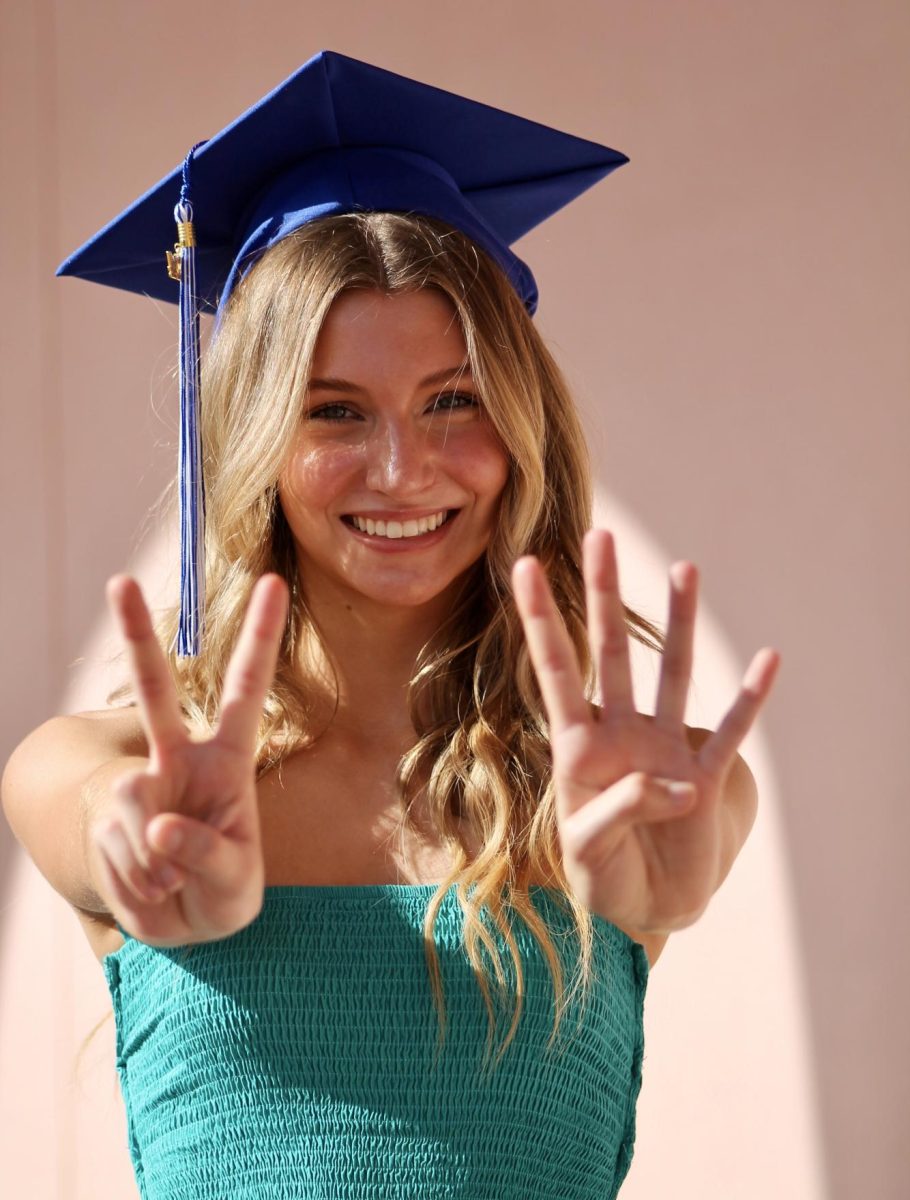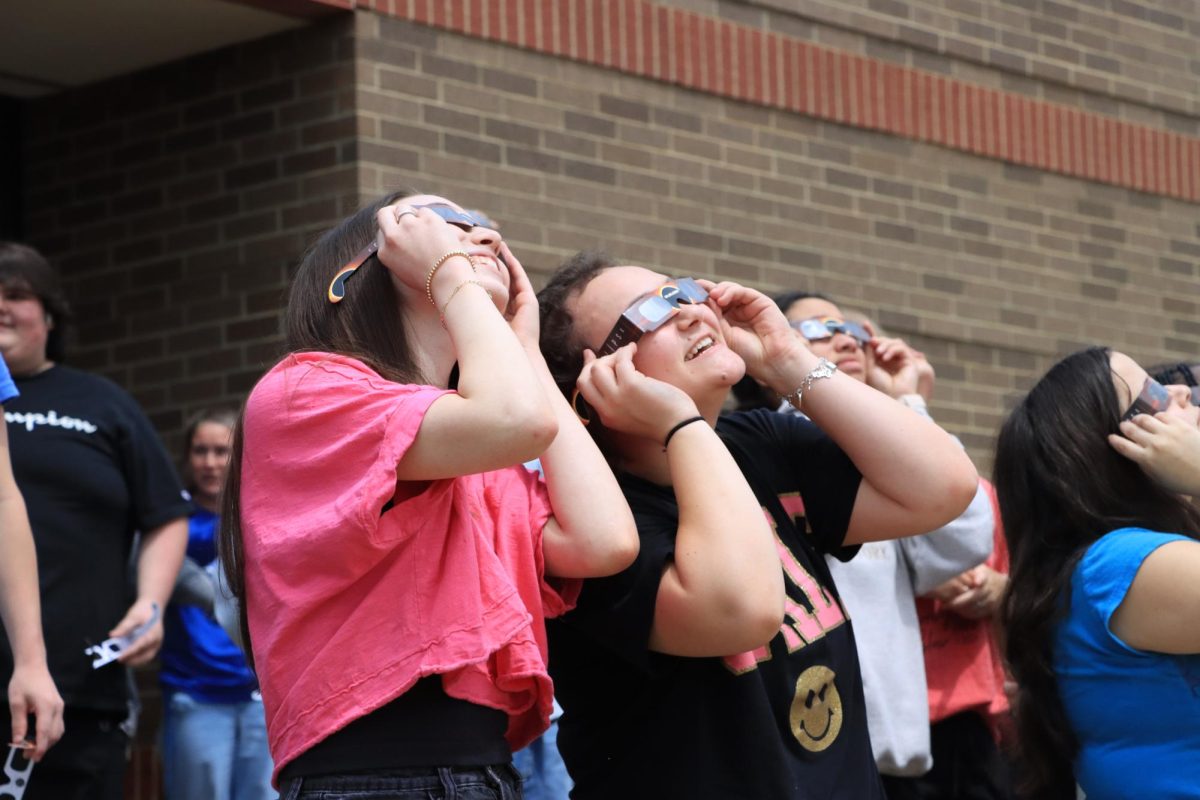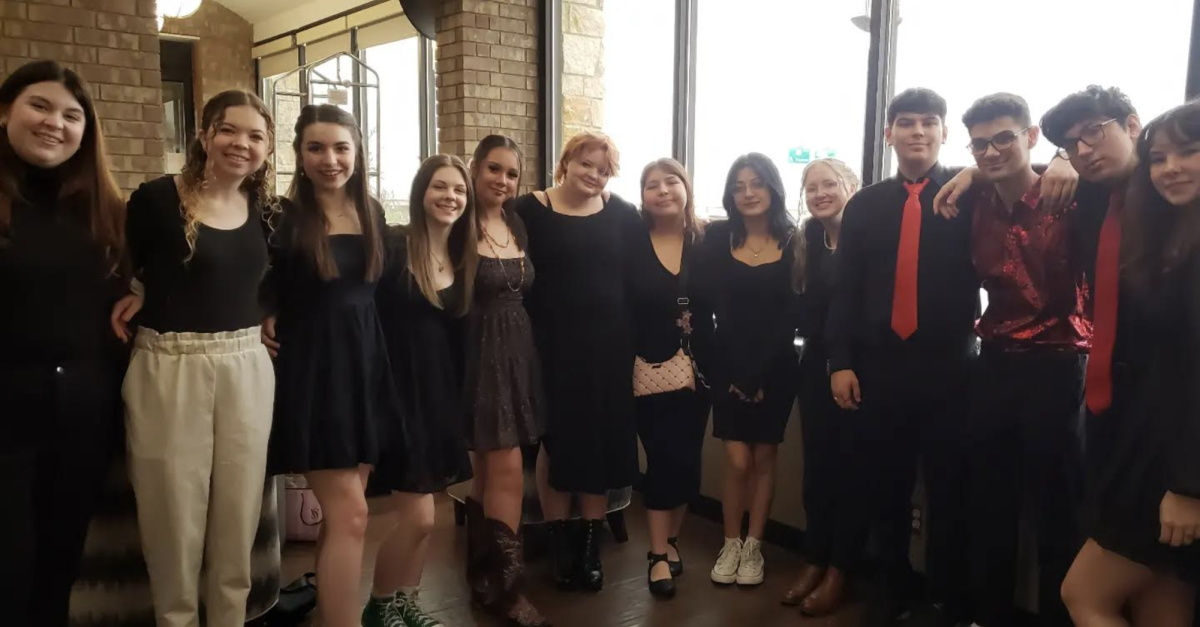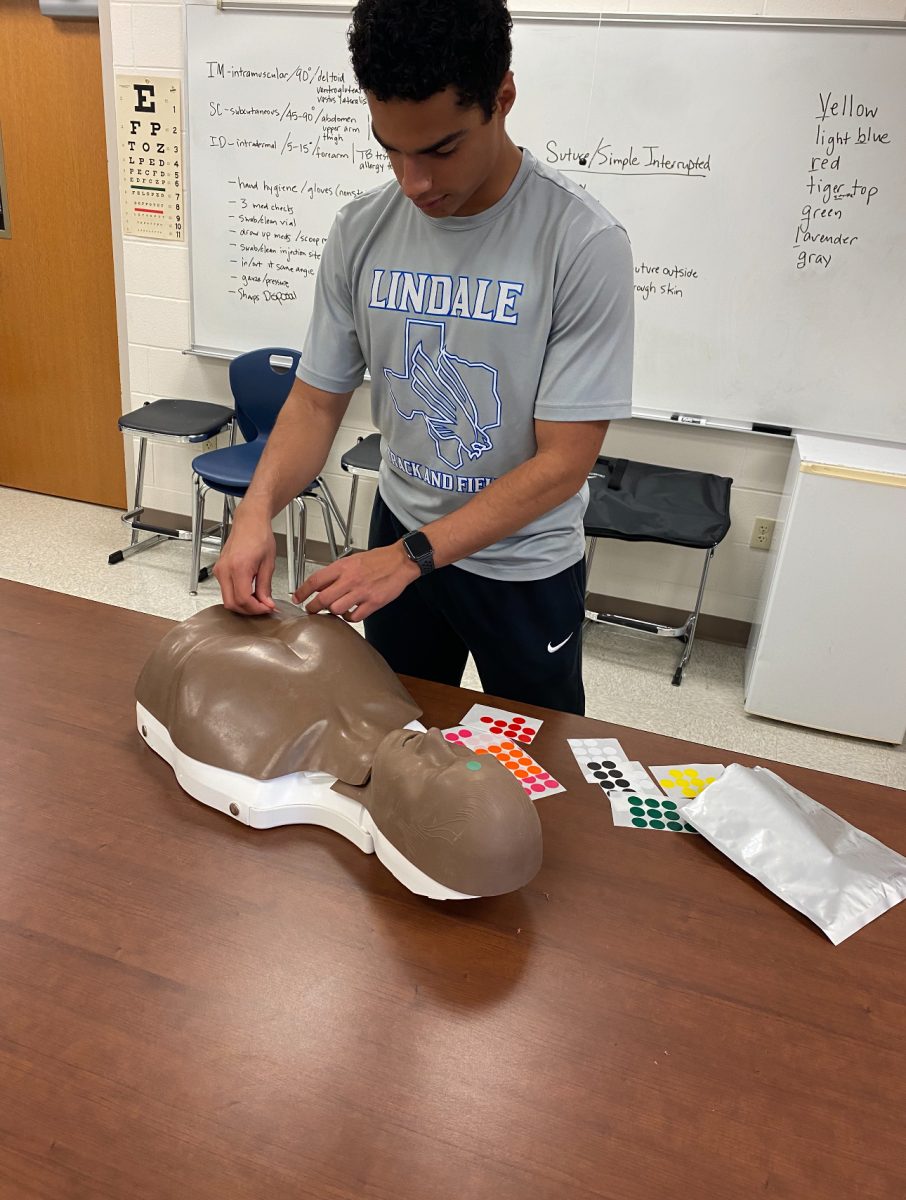The bell signifying the end of a class resonates through the vacant hallways, and familiar faces begin to stream out from opening classroom doors. The same students meander down the same halls as they do every day, some never even pausing to make eye contact and some darting to their places after spending the whole passing period chit chattering away. Everyone is enveloped in their own world and goes about their day, sometimes never knowing a single detail about the others whom they pass by daily.
The student body consists of hundreds of unique individuals, each with a story of their own. Much diversity is found amongst the people that roam the halls every day, with religion being one of the various forms.
“Even though we are a relatively small school in the Bible Belt, we still have a broad set of views within our student body,” counselor David Ramsey said. “We have students from all across the country and even from foreign countries, including exchange students, who might have different beliefs than the traditional East Texas student.”
Senior Mikey Cooley is a student that identifies as an agnostic. This is someone who neither accepts nor denies the existence of God, gods, or any other deities. Specifically to Cooley, he states he feels as though there is not enough tangible evidence to support the existence of God. As result of this belief, he does not identify with any certain religion.
“I’m open to interpretation,” Cooley said. “Being uncertain is more comfortable, because I have a logical mind. Religion doesn’t really bother me. People can believe what they want to believe.”
As an atheist, junior Tyler Meador does not believe that any form of religious deity or supreme being exists. With no religion or religious guidelines acting as a source of values and standards, Meador forms his morals based on his own common sense of right and wrong and the governmental laws by which he must abide as a citizen. He acts based on how he feels and how he believes he should treat others.
“It’s kind of weird because I’m in a mainly Christian school,” Meador said. “There are not a lot of people who agree with me other than my friends. It doesn’t really affect me in any way; I don’t feel that anyone treats me differently for it.”
As a Catholic, junior Yang Curry attends mass on Sundays, which, according to Curry, is very standardized. There are set responses and set prayers, and all masses in Catholic churches are relatively the same. Catholics celebrate major Christian holidays such as Christmas, but also saint’s holidays. Curry celebrates Saint Joseph’s Day by gathering with family at his aunt’s house to eat and spend time together.
“We believe Christ came down as the Son of God and died for our sins,” Curry said. “It really pushes you to be a better person by following Christ and his example.”
Junior Catia Bell identifies with the religion of nondenominational Christianity. She attends church on Sundays and Wednesdays, participates in occasional outreach events, and prays for people. Bell believes that Jesus Christ is the Savior and the Son of God and that to get to heaven, one must have a personal relationship with him, not just attend church. According to Bell, Christians worship God because of his great love for us humans.
“It affects my life a lot because I have someone who is always there for me to talk to,” Bell said. “I always know that I can pray and He’s there actually listening to me like a friend. It’s such an important aspect of my life.”
Senior Sahil Patel is a student who practices Hinduism. Hindus believe there are millions of gods, and in Patel’s home there are approximately 50-60 pictures and idols of different gods that his family worships and prays to. Because the nearest Hindu temple is in Dallas, Patel’s family built a shrine in their home which they pray to twice a day. He follows a few strict rules for Hinduism such as abstaining from the consumption of beef and chicken and not wearing shoes when visiting a temple/shrine, such as the one in his home.
“I get to know more people,” Patel said. “I can see what other people believe and what their standpoint on life is.”
A student who wished to remain anonymous finds his identity in misotheism. According to this individual, this is a religion based around the idea of hating God. The main precept of this religion is the belief that God is all powerful, but not entirely good. Because misotheism is so rarely practiced, he spends time gathering more information about this religion.
“As a believer, I’m basically kind of the polar opposite of what a Christian would be,” he said. “I have no ill intent or bad ideas towards other religions or their values. I have no change in terms of an average person.”
Junior Mase Snoubar is a student who identifies with the religion of Islam. She attends a mosque in Tyler and lives life by the guidelines provided in Sharia. Snoubar believes that to be a Muslim, one must believe that God is the only god and that Muhammad is the Messenger of God and the last prophet from God. Islam requires prayer five times a day, fasting during the month of Ramadan, giving charity, and a pilgrimage to Mecca. She also wears a hijab head scarf as a sign of modesty.
“It was hard for me in the beginning, especially not living in an Arabic state or country,” Snoubar said. “In the Middle East it’s normal to see Christian, Muslim, and Jewish people living in the same city and being friends, but I wasn’t sure if it was going to be the same here. In the end, I realized I was wrong because I’m treated the same as everyone. I have friends and I can still do what I like to do. I want to say that the world is a big place and there is room for everybody to live, practice, and believe what they want.”














